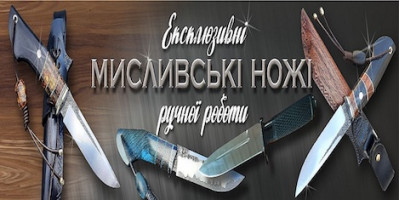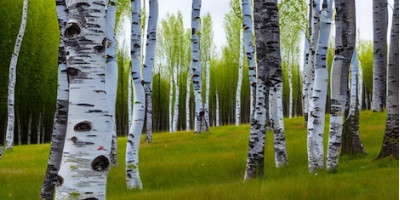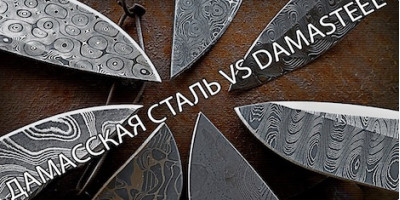Ніж - це вірний і надійний помічник, яким ми користуємося щодня. І незважаючи на щоденне використання, навіть не замислюємося про те, які є різновиди ножів, у чому їхні відмінності, чим одне лезо відрізняється від іншого. Хоча сучасний ринок пропонує неймовірний асортимент ножів, які відрізняються за розміром, призначенням, формою, матеріалами клієнтів і додатковими елементами, що підвищують конкретні характеристики.
Читати статтю




































-300x300.png)














-400x200.jpg)








